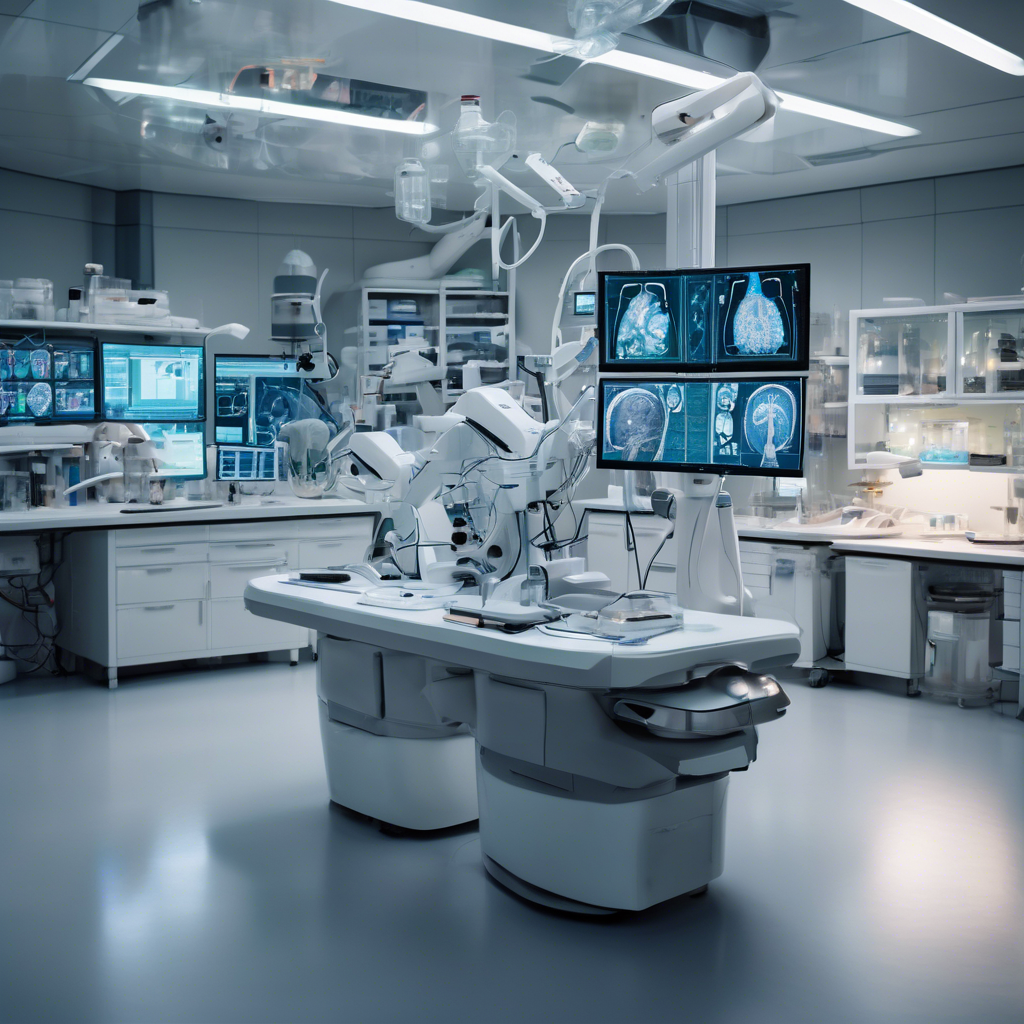
Artificial intelligence (AI) is steadily establishing a foothold in the niche yet critical field of neuro-oncology, marking the dawn of a transformative era in how brain cancers are diagnosed and treated. Dr. Nicholas Blondin, an associate professor of Clinical Neurology at Yale School of Medicine, highlights the groundbreaking potential that AI and machine learning have to revolutionize clinical practices for both primary and metastatic brain tumors. Traditionally, diagnosing brain cancers has relied heavily on imaging studies interpreted by specialists, but AI’s prowess lies in its ability to sift through vast datasets and detect subtle patterns far beyond the capacity of the human eye. This capability promises not only to accelerate diagnosis but also to increase its precision by spotlighting nuances in tumor characteristics that could be overlooked otherwise.
Although the fusion of AI and neuro-oncology is still nascent, the progress made thus far is undeniably promising. Recently, AI applications have begun making waves in pediatric brain cancer management, providing data-driven insights that underpin more informed treatment strategies. Dr. Blondin shares that in his clinical practice, AI tools are already aiding in deciphering complex treatment options and tailoring care regimens specifically suited to individual patients. This personalized approach holds immense appeal, considering the intricacy of brain tumors and the diverse biological behavior they can exhibit. As AI technology continues to evolve, it is anticipated that it will enhance not only the physicians' ability to make more precise decisions but also empower patients. By integrating AI-generated insights within patient consultations, individuals can engage more actively with their care, fostering a participatory model of treatment planning that enhances understanding and trust.
Of course, embedding AI within a sensitive medical discipline is not without its ethical and practical challenges. Chief among these is the issue of data privacy. AI models require access to enormous volumes of patient data to train effectively, and given the deeply personal nature of health information, safeguarding confidentiality is paramount. Robust security measures and transparent policies are essential to ensure that patient trust is maintained while harnessing AI's transformative potential. Dr. Blondin underscores the irreplaceable value of the doctor-patient relationship in neuro-oncology; AI is envisioned not as a substitute but rather a powerful adjunct that enhances the therapeutic alliance fundamental to effective care. This sentiment reflects a growing consensus that human empathy, communication, and clinical intuition are critical complements to AI’s analytical capabilities.
AI’s sweeping influence is not confined to medicine alone—it permeates many aspects of modern life, offering a fascinating lens through which to view its growing role in healthcare. In the arts, AI algorithms have successfully composed intricate symphonies and even crafted poetry and stories that evoke emotional resonance. In education, AI personalizes learning experiences, adapting to the needs of individual students. This cultural integration of AI suggests a broader trend where human creativity and empathy intermingle with precise machine analytics. In the context of neuro-oncology, this synergy could translate into more than just enhanced imaging interpretation. Future AI systems might predict how a tumor will progress or respond to specific therapies, enabling truly anticipatory and adaptive treatment strategies that evolve alongside the patient’s condition.
Looking ahead, Dr. Blondin envisions a future where AI acts as a collaborative partner in brain cancer care, enriching clinical discussions and enabling innovative treatment planning that could improve patient outcomes dramatically. Far from diminishing the human side of medicine, AI’s thoughtful integration aims to reinforce the vital elements of compassion, trust, and shared decision-making between patients and clinicians. Through continued research, vigilant ethical oversight, and careful deployment, AI stands on the cusp of redefining neuro-oncology—and with it, offering new avenues of hope to those facing some of the most formidable diagnoses known to medicine. The journey toward this future signals not only a technological leap but also a renaissance in how doctors and patients work together to confront brain cancer’s complex challenges.
#NeuroOncology #ArtificialIntelligence #BrainCancer #MedicalInnovation #AIEthics #HealthcareTechnology #FutureOfMedicine
Leave a Reply